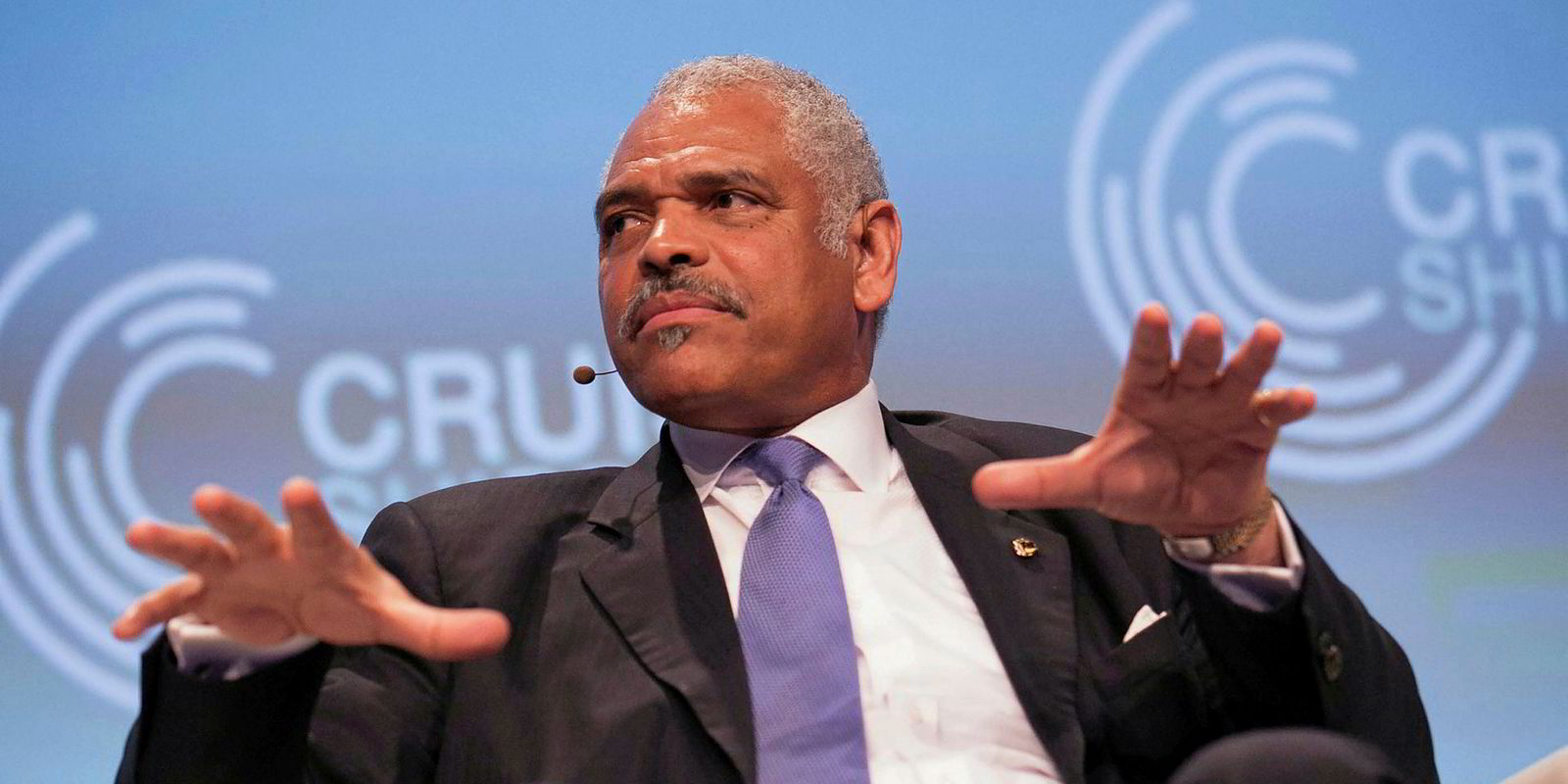Further IMO regulations for scrubbers should be based on scientific evidence of their environmental impact, even though such research can be costly and time consuming, according to DNV GL.
The European Union has called on the IMO to discuss a possible framework for geographical bans on open-loop scrubbers — the most popular type of scrubbers — and tighter discharge limits for them at the next Marine Environment Protection Committee meeting in May.
The development comes after Singapore, Fujairah and some other ports banned open-loop systems over concerns about their potential environmental impact.
In a press briefing, Eirik Nyhus, DNV GL’s director of environment and regulatory affairs, said: “Decisions should be science-based … further scientific work [is] needed and expected.”
Earlier this year, Carnival Corp released a 281-sample study on open-loop scrubbers saying that trace-metal levels from their wash water discharge were below emission limits for land-based industrial waste water.
The study’s laboratory results were independently evaluated by DNV GL.
“We know something on the discharge side. What we don’t know is the impact in the accumulative impact [they have] on the ecosystem,” Nyhus said.
Nyhus admitted that further studies would require resources. “If you want to do that, first you need to get the money … some states need to want to do this.
“Secondly you need time. An appropriate impact study will not be very quickly done.”
Installation of open-loop scrubbers is one of the cheapest options for shipowners to meet the IMO 2020 rules. According to data from DNV GL, of the 3,082 scrubbers in operation and on order, 2,505 are open-loop systems.
The classification society’s maritime chief executive Knut Orbeck-Nilssen suggested the adoption of scrubber technology would take scientific, commercial and political factors all into account, though.
“Whether this [open-loop ban] will continue is difficult to say. It seems there is some sentiment now that this will gradually spread,” Orbeck-Nilssen said.
Many industry officials predict the installation of scrubbers will not be a long-term solution for shipping, as the IMO has set a target to reduce greenhouse-gas emissions by at least 50% from the 2018 levels by 2050.
“It [scrubber technology] has side effects. It uses more power, so it releases carbon dioxide,” Orbeck-Nilssen said.
“The scrubber solution is a transition to something else. There will be alternatives. It’s not a long-term solution, for sure.”





